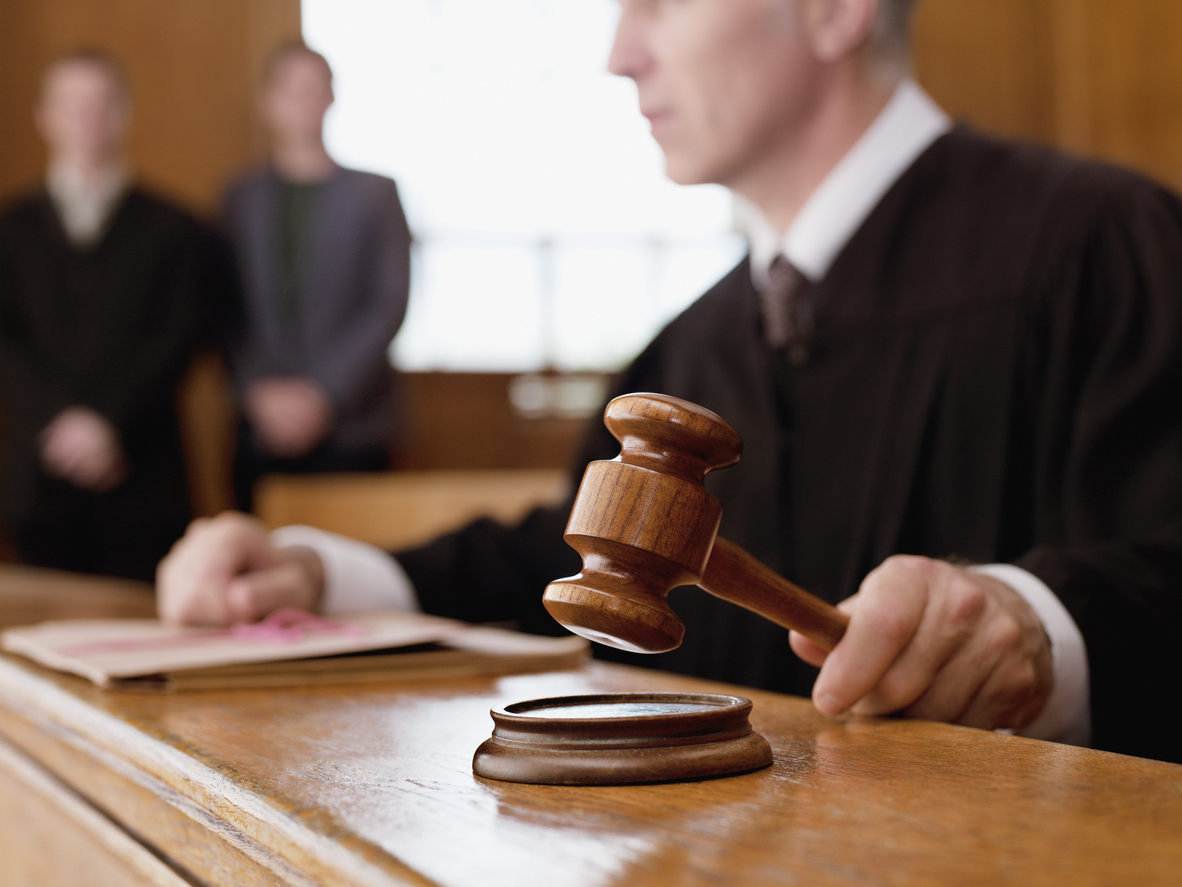What Is a Disposition Hearing in Criminal Court in Los Angeles?

If you are scheduled to attend a disposition hearing in criminal court in Los Angeles, you’re probably wondering what to expect.
If you have a disposition hearing coming up it is critical that you retain legal counsel and discuss your situation with them. Only your lawyer can properly advise you regarding an upcoming hearing. Disposition hearings can have a big impact on your case, so you should take it seriously and carefully prepare with your Los Angeles criminal defense lawyer.
Defining a Disposition Hearing in Criminal Court
The term disposition hearing is loosely defined and can be used in different ways in different contexts.
Most often, a disposition hearing refers to:
- A hearing where you either plead guilty or set the case for trial
- A hearing where you are sentenced on a charge
- An Early Disposition Court hearing
A disposition in criminal court is the final outcome. Some examples of dispositions, i.e. outcomes, include a guilty plea, a conviction, an acquittal, or a dismissal.
At a disposition hearing, the case is almost over. At this hearing, we find out if the case will end with a guilty plea or be set for trial. At a disposition hearing, the final sentence could also be ordered if someone is convicted or is pleading guilty.
If negotiations are still ongoing in your case and you have a disposition hearing, you can’t be forced to plead guilty. Your lawyer can usually request another court date to give you more time to try to resolve the case with the prosecutor. However, if the case has been kicking around too long in the court’s view, the judge may order the case be set for trial.
What Is Early Disposition Court in Los Angeles?
Early Disposition Court is another potential meaning of “Disposition Hearing” in Los Angeles. The Early Disposition Program in LA County helps to facilitate negotiation and resolution of criminal cases without a costly, time consuming trial.
At early disposition court, the defendant and the defense lawyer discuss the case with the prosecution. Both sides discuss weaknesses and strengths of the case, and possible outcomes. The whole point is negotiating to resolve the case.
At early disposition hearings, defendants can sometimes get better plea deals. This is because prosecutors are extremely busy and have limited resources. If they think they can make a bunch of cases go away early by offering good plea bargains at early disposition court, they will!
However, a case is often not resolved at early disposition court. When this happens, the normal case process resumes. This includes a preliminary hearing, evidentiary and motion hearings, and ultimately, a trial.
How to Prepare for a Disposition Hearing in Los Angeles
If you have an upcoming disposition hearing in Los Angeles, the most important thing you can do is hire a highly skilled criminal defense lawyer. Your lawyer will be able to advise you on what type of disposition hearing you have coming up in your case.
Once you and your lawyer know what kind of disposition hearing is upcoming, you can prepare together. Your lawyer can investigate your case, perform negotiations, and determine whether there are good arguments for trial. After carefully looking at the case as a whole, they can help you decide if you want to take a plea deal or fight the case at trial.
Because a disposition hearing typically determines what the outcome of a criminal case will be, you should never go to one unrepresented or unprepared.
To learn more, call our Los Angeles criminal defense law firm at 213-995-6767 or visit our contact us page to send us an email.


